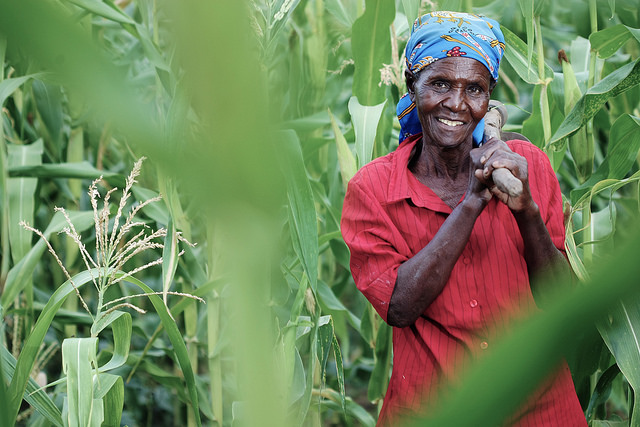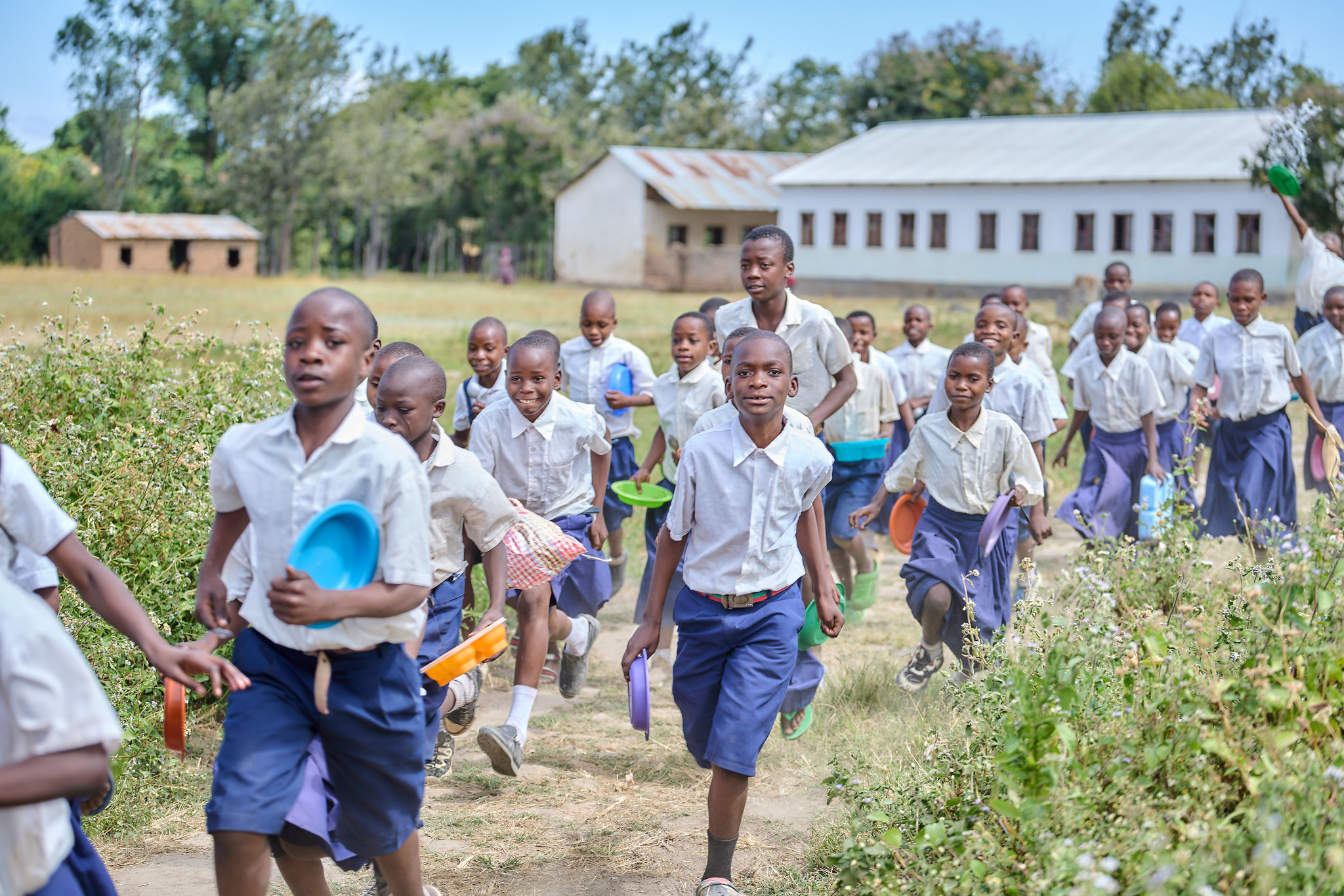Gender disparities are a pervasive challenge in many lines of work, including farming. Even as the Food and Agriculture Organization of the United Nations (FAO) was producing The State of Food and Agriculture 2010-11, evidence on the importance of closing the gender gap in agriculture was mounting. More recently, IFPRI and FAO partnered on Gender in Agriculture: Closing the Knowledge Gap, a compilation of the growing knowledge base on the gender gaps in agriculture and why we should work to close them.
Edited by IFPRI researchers Agnes Quisumbing and Ruth Meinzen-Dick and former IFPRI researchers Julia A. Behrman and Amber Peterman, in collaboration with colleagues from the FAO, the book explains why closing gender gaps is important; analyzes the role of gender in agriculture; and takes a look at access to assets, agricultural inputs, and markets by gender.
The researchers found that closing gender gaps is a matter of both equality and efficiency. Differences among men and women regarding access to and control of assets have a large impact on personal and household wellbeing, as well as productivity. The book highlights these differences and suggests steps for moving forward:
- Land: Government policies that consider social and cultural factors can support programs that encourage more equal access to and ownership of land.
- Inputs: Improving access to agricultural inputs would help to narrow the productivity gap between men and women. Access to financial products that enable women to save, borrow, and insure could help women to overcome the financial barriers that discourage their use of agricultural inputs, such as fertilizer.
- Livestock: Interventions that would formalize women’s ownership of livestock could help women to build wealth and financial security.
- Social capital: Group membership and social networks serve as a means of disseminating agricultural information and resources, such as labor and seeds. The research suggested that because women are more likely to participate in civic or religious groups, these are the best entry points to share information.
- Physical capacity: Physical health impacts the ability of both men and women to work and therefore impacts agricultural productivity. The book looked at undernutrition, iron-deficiency anemia, HIV, and malaria and found that their resulting productivity impact was greater on women than men. This was largely due to biological and social vulnerabilities, as well as social barriers that discourage investment in women’s nutrition and health.
- Access to markets: Many women participate in agriculture in informal or unpaid roles. The book suggested encouraging women’s participation in agricultural value chains as a means of moving forward.
- Participation in labor markets: The book explored barriers to women’s employment and the reasons behind the barriers and suggested the importance of mixed-gender or women-only groups and workers’ organizations.
Overall, the researchers called for a more holistic view of the food and agricultural systems, as opposed to a focus on only productivity. They stressed the importance of recognizing women’s vital and distinct role in ensuring food security and amplifying their voices in the research agenda.







